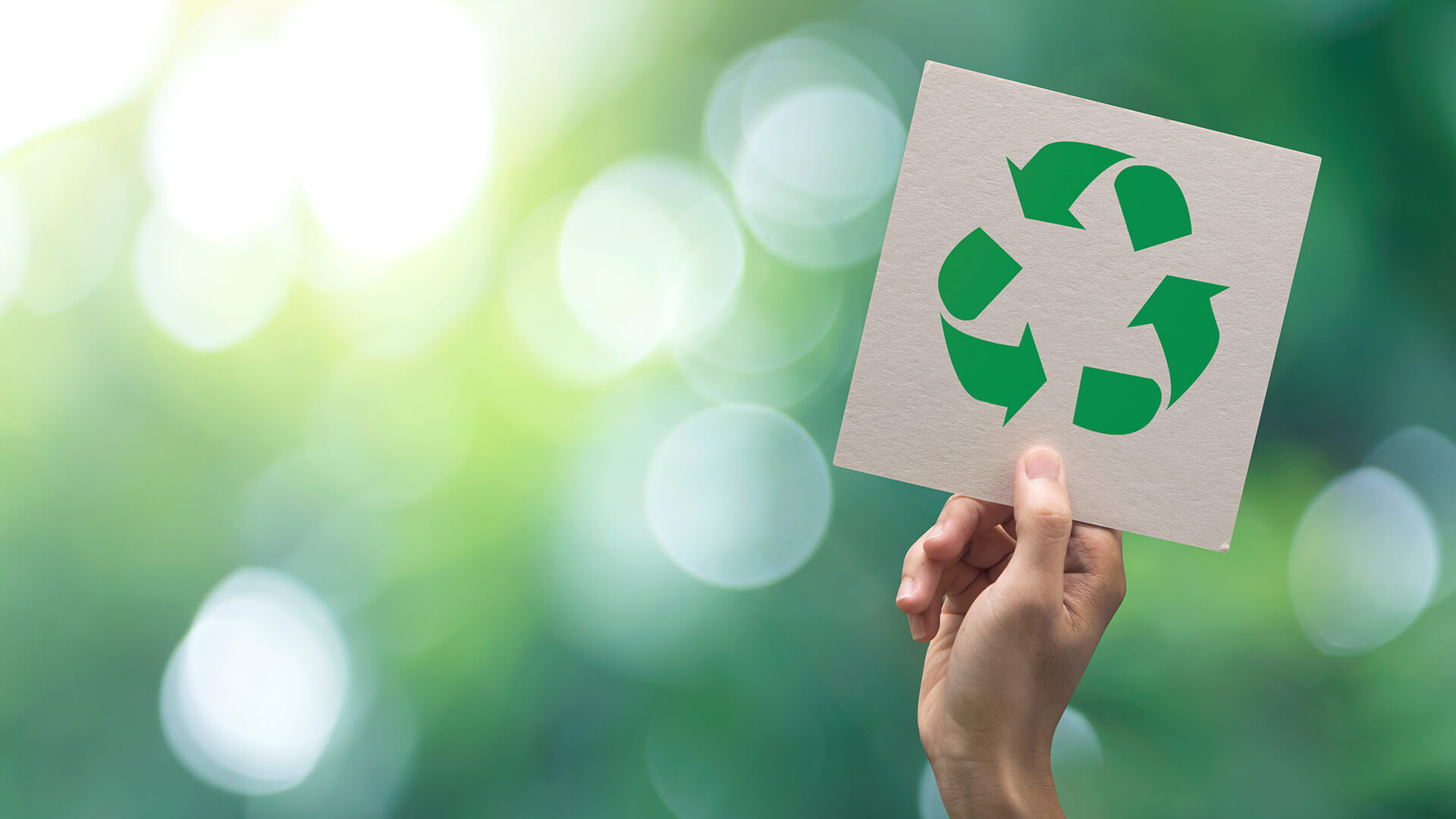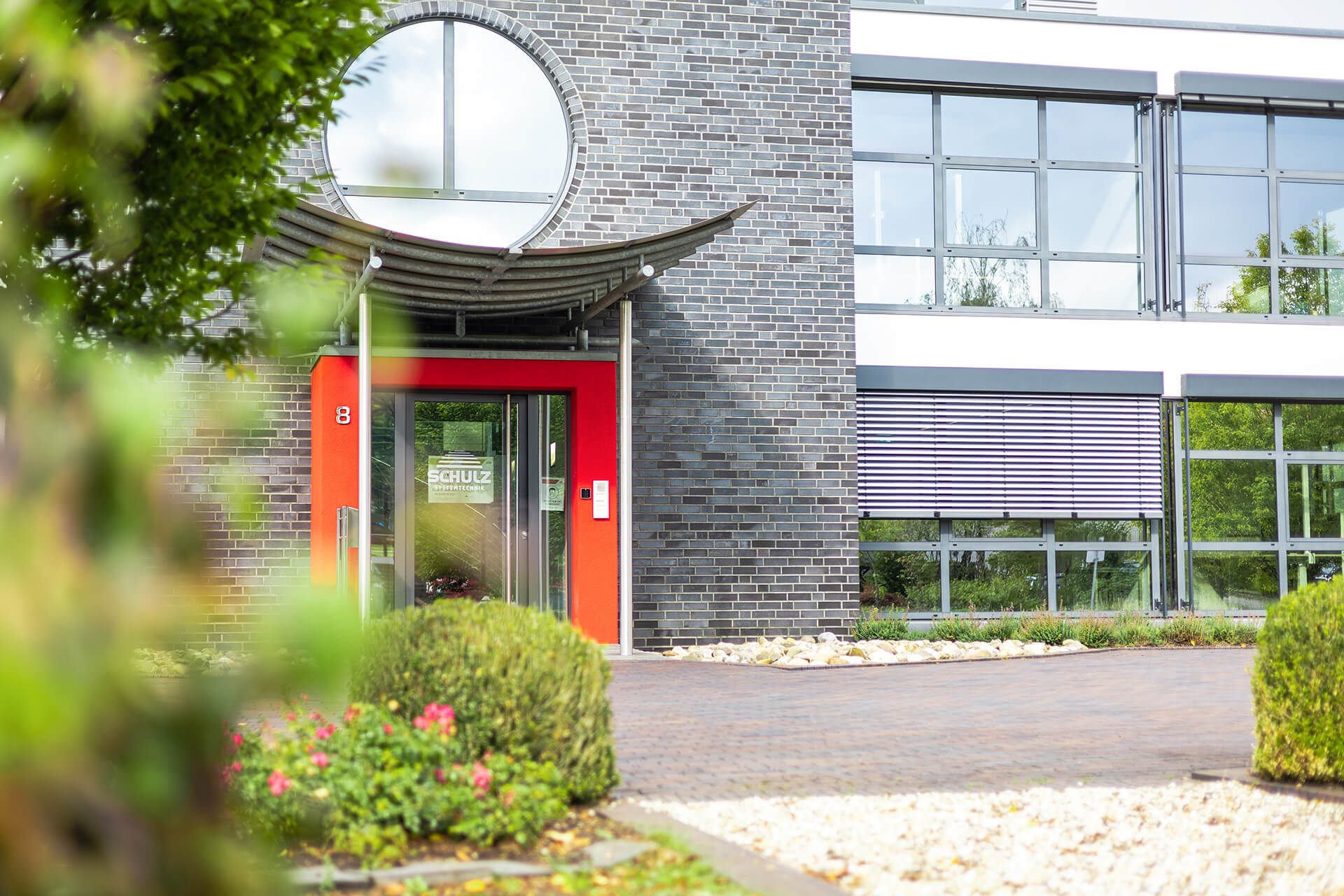
Recycling of disposable PET bottles
Electrical equipment and control of the conveyor technology
If you buy a disposable PET deposit bottle from various discounters, you will have plastic bottles in your shopping basket that are made entirely of recycled material, with the exception of the lid and label. This is thanks to the idea of a well-known food retailer, in which new bottles are produced from old bottles and are also particularly resource-friendly due to their low weight.
The bottles are produced in one of the largest plastic and recycling plants for PET bottles in Germany. In order to increase capacity here, additional storage space and silos as well as unloading and sorting capacities for the recycling process were needed.
Eichholz Silo- und Anlagenbau GmbH, one of the leading manufacturers of silos and emptying stations for bulk material storage and handling, was commissioned to build the storage silos. Our colleagues from Wallenhorst were responsible for the electrical equipment and system control for conveying and storing the recycled material. From circuit diagram creation to control cabinet construction and assembly, through to PLC programming and commissioning. “We have already worked successfully with Eichholz GmbH as a partner in previous projects. We are therefore all the more pleased that we were able to be on board again for this exciting project,” our colleague Ansgar Krägefsky, the responsible sales manager, said to us.
Our task was to transport the recycled material processed into granulate to the storage silos, where it is then stored and later either collected by lorry or transported directly to production through pipelines. For this purpose, we installed the control technology for four silos in one control cabinet, from where the entire sensor technology in the silo railway station is controlled. The material is conveyed entirely through pipelines in which air pressure is used for transport. In addition, the control technology was integrated into the customer’s existing process control system and can also communicate with external systems, for example for cleaning or sorting.
The plant’s capacity can be increased by 12,000 tonnes of PET regranulate per year, which also helps to reduce CO2 emissions. A great thing.
Ansgar Krägefsky, Sales Manager at SCHULZ Systemtechnik
